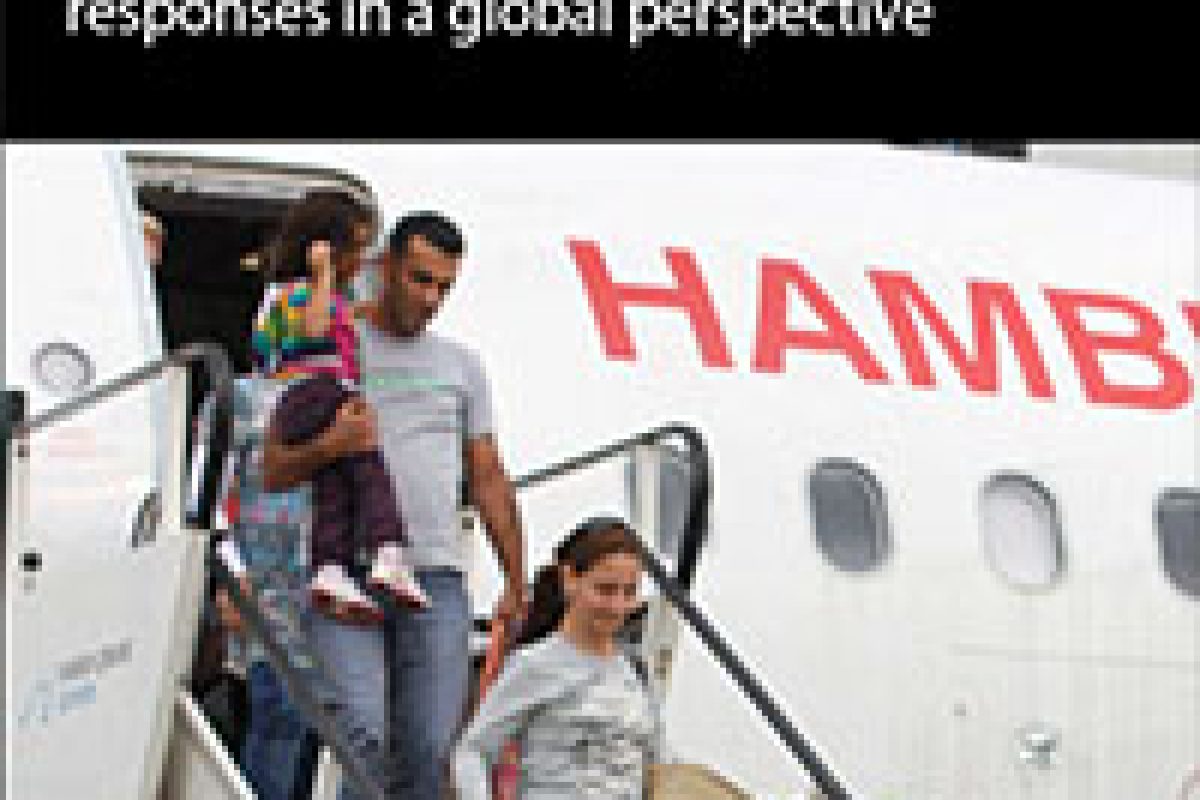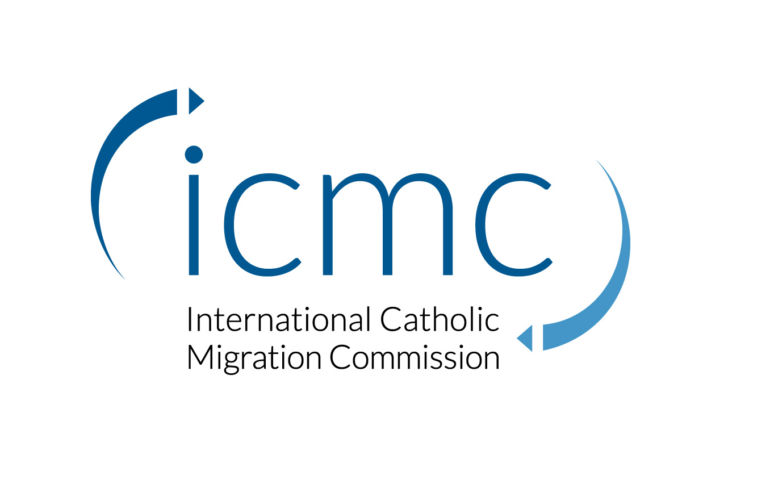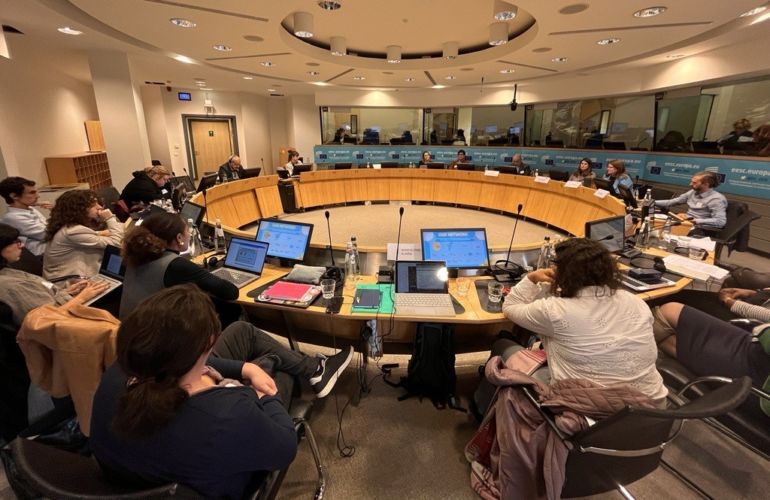ICMC Calls on States to Admit 10 Percent of Syrian Refugees in Five Years

A new report issued today by the International Catholic Migration Commission (ICMC) calls on governments worldwide to admit within their borders, by the end of 2020, 10% of the 4 million Syrian refugees uprooted in Turkey and the Middle East.
The report, entitled 10% of refugees from Syria: Europe’s resettlement and other admission responses in a global perspective and supported by ICMC’s President Peter Sutherland, encourages States to offer resettlement places and other types of admission to 400,000 Syrians currently seeking refuge in neighboring countries. Such a figure represents a substantial increase in comparison with the former target set by the United Nations High Commissioner for Refugees (UNHCR), which had requested States to provide 130,000 admission places by 2016 – a goal which will likely be reached at the end of 2015.
“The capacity of neighboring countries to deal with increasing numbers of Syrians, and now also refugees from Iraq, is reaching a breaking point”, explained Peter Sutherland, who authored the report’s foreword. “These countries have received Syrians with great generosity. However, the situation of the refugees is becoming more desperate every day, with limited options to survive and live with dignity. Without alternative options, they are turning to smugglers and dangerous journeys across seas and other borders”. Until political solutions become available, ICMC urges Europe and other governments to provide increased opportunities in terms of refugee resettlement, humanitarian admission programs, extended family reunification, humanitarian and student visas, and community-based private sponsorships.
Johan Ketelers, ICMC’s Secretary General, believes that the 10% goal is well within the reach of the international community. He recalls ICMC’s own experience in the 1970′s and 1980′s, working with governments and international agencies for the resettlement of some 800,000 Vietnamese “boat people” through a safe, organized, and global process – the Comprehensive Plan of Action. “Just as Europe and the rest of the world stepped up to that humanitarian emergency, a similar response is achievable today”, Johan Ketelers commented. “We are seeing the key ingredient to this response coming alive, which is individuals and families, communities and cities stepping forward to help. For example, in the work which ICMC Europe does with local authorities, churches, and agencies across Europe, more and more people are saying: ‘we have to do something; here we are, we have time to volunteer, our town or village wants to help, we can figure the rest out.’ It is a different voice — refreshing and in the best tradition of Europe, not the voice most reported that endlessly says that everything is impossible.”
Framed in the context of a worsening protection climate in the Middle East, underfunded UN programs, and the situation in the Mediterranean, the ICMC report features a comprehensive comparative overview of resettlement and other admission programs operated inside and outside Europe. “Certain countries are already playing a crucial role in the reception and admission of Syrians”, Peter Sutherland remarked. “Austria, Norway and Switzerland have responded with new admission places; Germany alone has pledged over 30,000; even Brazil, an emerging economy, has so far issued over 7,000 humanitarian visas – the biggest contribution outside Europe.”
The current situation, however, calls for a truly global response and for the active participation of a variety of actors: governments, civil society, regional and municipal authorities. One of the main recommendations of the report is the urgent need for more expedited resettlement procedures and the establishment of safe and legal channels, including protection-sensitive labor migration schemes.
The report was produced by the ICMC office in Brussels, in the framework of the European Resettlement Network (ERN), which ICMC Europe implements together with its partners, the International Organization for Migration (IOM) and the United Nations High Commissioner for Refugees (UNHCR).
- Download the report.

